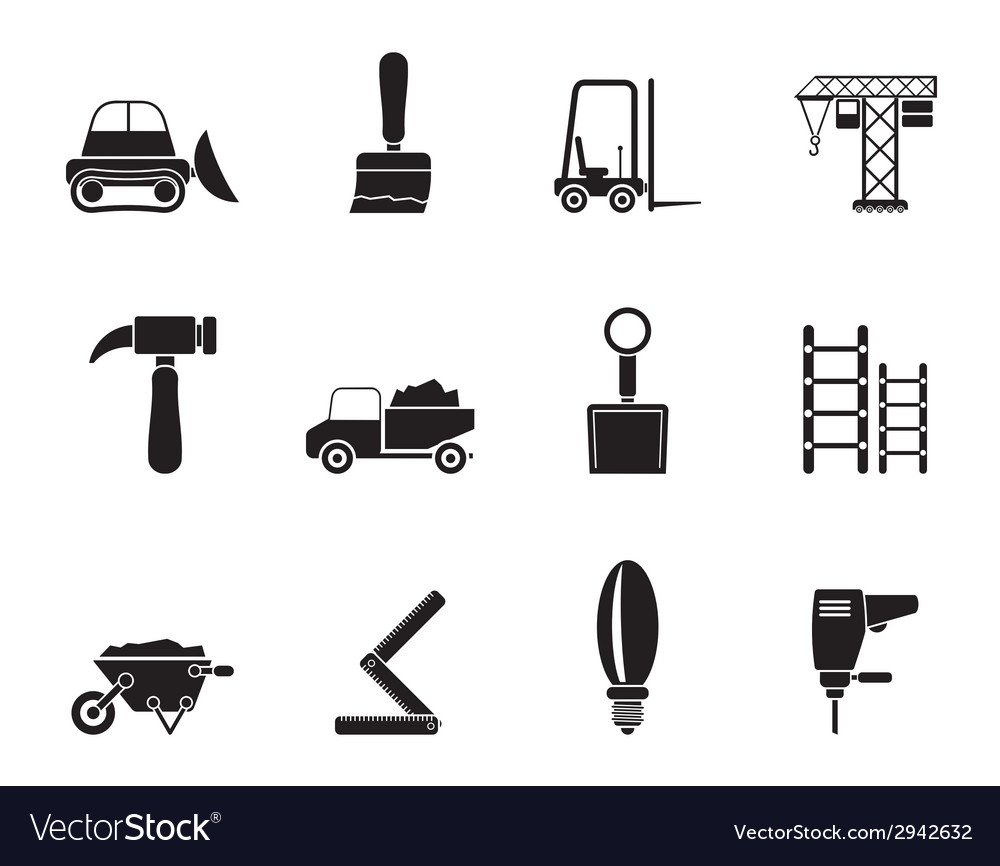Mini Excavator Rental in Tuscaloosa AL: Compact and Powerful Equipment for Small Jobs
Mini Excavator Rental in Tuscaloosa AL: Compact and Powerful Equipment for Small Jobs
Blog Article
Discovering the Financial Conveniences of Leasing Construction Tools Compared to Having It Long-Term
The choice between owning and leasing building and construction equipment is pivotal for economic management in the market. Leasing deals prompt cost savings and operational flexibility, permitting business to allocate sources a lot more successfully. On the other hand, possession features substantial long-lasting economic dedications, consisting of maintenance and depreciation. As service providers evaluate these choices, the influence on cash money circulation, task timelines, and modern technology access becomes increasingly substantial. Recognizing these subtleties is vital, particularly when taking into consideration just how they line up with certain task demands and financial strategies. What factors should be focused on to guarantee ideal decision-making in this facility landscape?

Expense Comparison: Leasing Vs. Owning
When examining the monetary implications of possessing versus renting building tools, a thorough cost comparison is essential for making notified decisions. The choice between having and leasing can dramatically influence a company's profits, and recognizing the associated costs is vital.
Renting construction equipment usually includes reduced in advance prices, permitting services to designate resources to other functional needs. Rental contracts often include flexible terms, allowing business to access progressed equipment without lasting dedications. This versatility can be especially useful for temporary jobs or rising and fall work. Nonetheless, rental costs can gather over time, possibly going beyond the expenditure of possession if tools is required for an extensive period.
On the other hand, owning building and construction tools calls for a substantial preliminary investment, together with recurring prices such as financing, devaluation, and insurance policy. While possession can cause lasting financial savings, it likewise locks up funding and might not supply the same level of adaptability as renting. Additionally, having devices requires a dedication to its use, which may not constantly straighten with project demands.
Ultimately, the decision to rent out or have must be based upon an extensive analysis of details project requirements, monetary capacity, and lasting tactical goals.

Upkeep Obligations and expenses
The selection between owning and renting out construction equipment not just involves monetary factors to consider yet likewise includes recurring upkeep costs and duties. Possessing devices calls for a significant commitment to its upkeep, which includes regular assessments, repair services, and prospective upgrades. These obligations can rapidly collect, resulting in unanticipated costs that can strain a budget.
On the other hand, when leasing equipment, maintenance is normally the duty of the rental firm. This arrangement allows service providers to prevent the financial problem associated with damage, in addition to the logistical obstacles of organizing repair work. Rental arrangements commonly include stipulations for maintenance, suggesting that specialists can concentrate on finishing tasks instead of fretting about devices condition.
Furthermore, the varied range of devices readily available for lease enables business to select the most recent versions with advanced technology, which can improve performance and performance - scissor lift rental in Tuscaloosa Al. By choosing leasings, organizations can stay clear of the lasting obligation of devices depreciation and the linked upkeep headaches. Ultimately, assessing maintenance expenses and duties is crucial for making an informed choice concerning whether to rent or possess building devices, dramatically affecting total task costs and functional effectiveness

Devaluation Impact on Possession

A significant factor to think about in the choice to possess building and construction tools is the effect of depreciation on general ownership prices. Depreciation represents the decrease in value of the equipment gradually, influenced by aspects such as usage, damage, and innovations in modern technology. As tools ages, its market price diminishes, which can substantially affect the owner's monetary placement when it comes time to trade the equipment or market.
For construction firms, this depreciation can equate to considerable losses if the devices is not used to its greatest possibility or if it lapses. Owners need to make up depreciation in their financial forecasts, which can cause higher general costs compared to renting out. Furthermore, the tax obligation implications of depreciation can be complex; while it may supply some tax obligation benefits, these are frequently offset by the fact of reduced resale value.
Ultimately, the burden of depreciation emphasizes the importance of understanding the long-term economic dedication associated with possessing building and construction equipment. Companies have to carefully evaluate just how often they will certainly utilize the devices and the potential financial influence of devaluation to make an educated decision concerning possession versus leasing.
Monetary Versatility of Renting
Renting building and construction tools provides significant financial adaptability, permitting firms to designate sources extra effectively. This adaptability is particularly important in a market characterized by rising and fall job construction pulley lift demands and varying workloads. By opting to rent out, services can avoid the considerable capital expense required for acquiring equipment, maintaining money flow for various other functional demands.
Furthermore, renting devices enables firms to tailor their tools choices to specific task demands without the lasting commitment linked with ownership. This indicates that businesses can quickly scale their equipment stock up or down based upon awaited and present job demands. Consequently, this versatility lowers the risk of over-investment in machinery that may come to be underutilized or out-of-date over time.
Another economic look here advantage of leasing is the capacity for tax obligation advantages. Rental settlements are frequently thought about overhead, enabling prompt tax obligation reductions, unlike devaluation on owned and operated tools, which is topped several years. scissor lift rental in Tuscaloosa Al. This immediate expense recognition can additionally enhance a business's money setting
Long-Term Job Factors To Consider
When reviewing the lasting demands of a building and construction organization, the decision between possessing and renting out devices ends up being much more complicated. Key elements to consider include project duration, regularity of usage, and the nature of upcoming jobs. For jobs with prolonged timelines, purchasing equipment might appear useful as a result of the possibility for reduced general costs. However, if the tools will certainly not be used regularly across tasks, possessing may bring about underutilization and unneeded expenditure on maintenance, storage space, and insurance policy.
Additionally, technological innovations pose a considerable factor to consider. The building market is advancing rapidly, with brand-new tools offering enhanced efficiency and security functions. Renting out allows companies to access the most current modern technology without committing to the high upfront expenses connected with acquiring. This adaptability is particularly advantageous for services that manage varied tasks calling for various kinds of equipment.
In addition, economic security plays a critical role. Possessing tools commonly involves considerable capital expense and devaluation problems, while renting out permits more foreseeable budgeting and capital. Ultimately, the option between renting and possessing should be straightened with the calculated objectives of the building and construction organization, taking into consideration both current and awaited task needs.
Final Thought
In conclusion, leasing construction tools provides substantial economic advantages over lasting ownership. The decreased in advance costs, elimination of upkeep obligations, and avoidance of depreciation add to improved cash money circulation and financial adaptability. scissor lift rental in Tuscaloosa Al. Moreover, rental settlements function as prompt tax obligation deductions, better benefiting service providers. Eventually, the choice to rent as opposed to very own aligns with the dynamic nature of building tasks, allowing for versatility and accessibility to the most up to date tools without the economic burdens related to possession.
As tools ages, its market worth diminishes, which can considerably impact the owner's financial position when it comes time to offer or trade the devices.
Renting building tools supplies substantial monetary versatility, enabling companies to assign resources extra successfully.Furthermore, leasing equipment enables firms to tailor their equipment choices to details job demands without the long-term commitment linked with ownership.In conclusion, renting construction devices provides considerable financial advantages over lasting ownership. Eventually, the decision to rent out instead than very own aligns with the dynamic nature of building and construction jobs, permitting Learn More Here for adaptability and access to the most current devices without the economic problems associated with possession.
Report this page